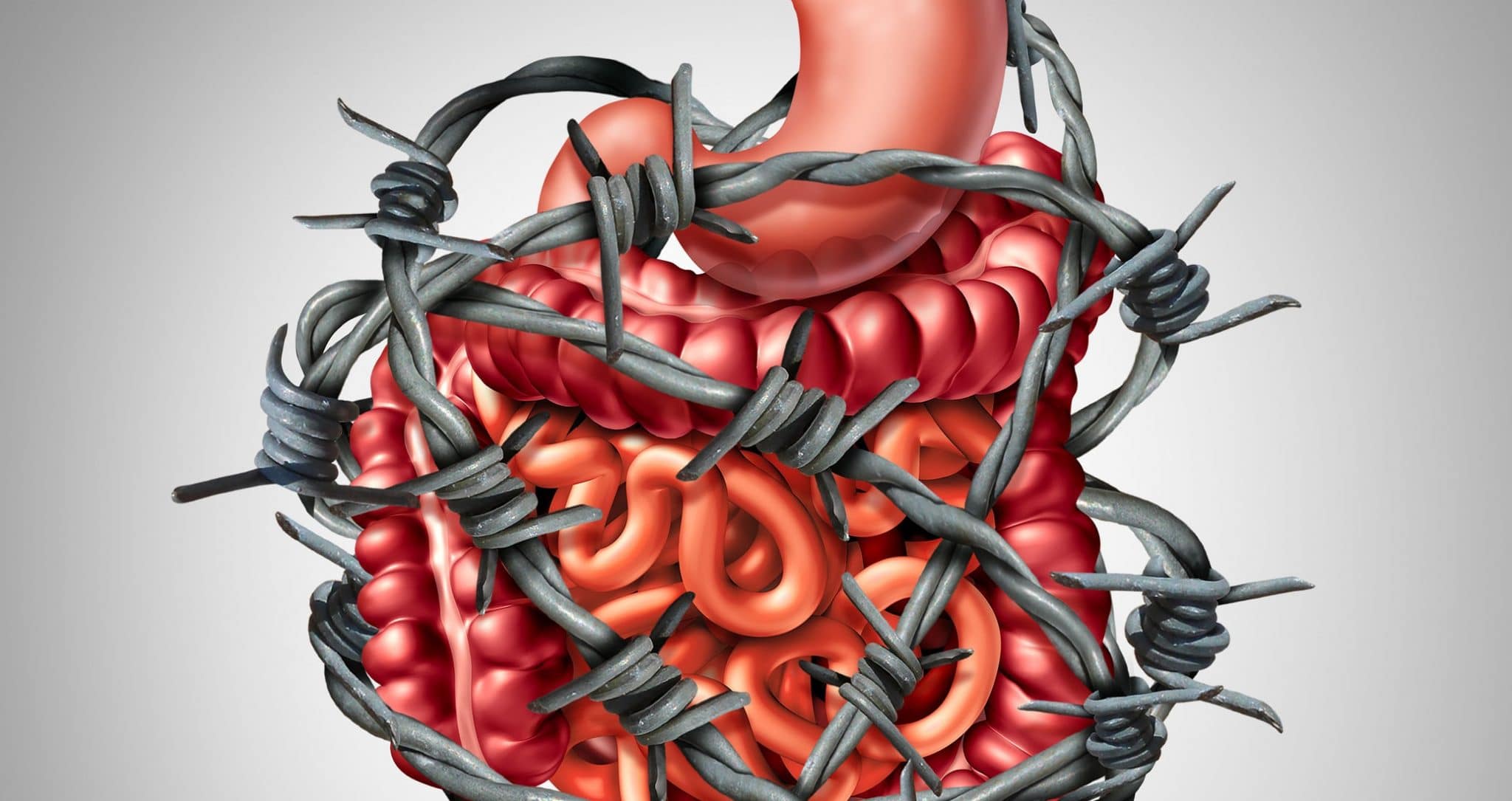Irritable Bowel Syndrome – IBS

SIGNS AND SYMPTOMS
- Abdominal discomfort
- Gas /Flatulence
- Diarrhoea
- Constipation
- Bloating
COMPLICATIONS OF DISEASE
Health complications arising from IBS include haemorrhoids (aggravated by diarrhoea and/or constipation), depression, weight loss, vitamin and mineral deficiencies, and psychosocial problems such as interference with work, relationships, friends and family.
MANAGING YOUR DISEASE
- Get tested for IBS (food allergy test and eliminate these foods).
- Use prescribed medication daily as prescribed by HCP Add fibre to diet
- Limit food that make diarrhoea/constipation worse
- Meditation/Exercise to relief stress Limit caffeine, alcohol, milk products, foods high in sugar, fatty foods, gas producing foods, artificial sweeteners (sorbitol & zylitol)
- Probiotics may help
LIFESTYLE MODIFICATIONS
- Having a healthy diet is important in managing your IBS. This would reduce the discomfort and pain you are experiencing. [1]
- Regular exercise may help your digestive system, ease IBS symptoms and improve overall mood. [2]
- Avoid stress as it may make your symptoms worse. Find ways to reduce stress such as relaxation techniques, deep breathing exercises, yoga, meditations, etc. [2]
- Having support groups can help you gain different methods on how to manage your symptoms as it would include sharing concerns, managements and experiences [1]
- Avoid common offenders such as coffee and chocolate as well.
- Try to include a gluten free diet to see if your symptoms improve. This will include rye and any type of wheat.
- Avoid foods which are high in fat such as fried foods and animal fats. Focus more on lean meats, fish and chicken. Prepare foods by grilling, broiling or steaming with little to no oil. Cooking spray can be substituted in the place of cooking oil.
- Avoid carbohydrates which are difficult for the intestines to digest such as lactose found in milk products, peaches, watermelon, pears, mangoes, plums, nectarines, legumes, high fructose products, wheat, rye, broccoli, brussels sprouts, cauliflower, mushroom, artichoke, etc.
- Ask your doctor about the FODMAPs diet, which is an acronym for fermentable oligosaccharides, disaccharides, monosaccharide and polyols. When you eat out, try to choose foods which are close to what you eat at home.
-

- Therapy such as cognitive behavioural therapy can help you develop coping skills and improve the overall quality of life. [2]
- Avoid alcohol and smoking as it will aggravate your symptoms. [2]
- Ask your doctor about Probiotic supplements. [1]
 This is an uncomfortable disorder characterized by dramatic changes in bowel movements such as diarrhea or constipation. Everyday activities may become intolerable due to cramps and abdominal pain. Dietary tips can help improve your symptoms, but medical intervention is important for treatment. [3]
This is an uncomfortable disorder characterized by dramatic changes in bowel movements such as diarrhea or constipation. Everyday activities may become intolerable due to cramps and abdominal pain. Dietary tips can help improve your symptoms, but medical intervention is important for treatment. [3]
DIETARY TIPS
- Having a high fibre diet helps build the bulk of your stools which shall assist in bowel movement. These include fruits, vegetables and whole grains.
- Gradually add fibre to your diet. Start low, increase slowly until you reach a point of intolerance. If you experience bloating and diarrhoea due to the high fiber, instead of cutting fiber completely from your diet, focus on soluble fibre. These include apples, berries, carrots, oatmeal, beans, etc.
- Avoid insoluble fibre found in nuts, tomatoes, raisins, broccoli, cabbage, etc.
Related Brochures

depression
Depression or major depressive disorder (MDD) is a broad term used to describe a large number of disorders characterised by a depressed mood ....

stress-and-irritable-bowel-syndrome-ibs
Not sure what stress you have suffered lately? Have a look at the examples below ....